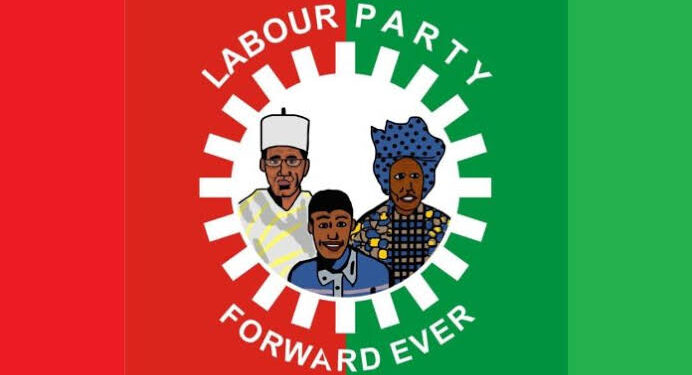The Nigeria Labour Congress (NLC) has told Mr. Falonipe Amos, Registrar of Trade Unions in Nigeria, to cease meddling in the affairs of the Labour Party (LP).
According to the Nigerian News Agency (NAN), the NLC has been at odds with the Labour Party’s leadership on property rights claims.
The registrar’s action followed a letter to the office from LP National Chairman Mr Julius Abure dated July 10, 2024.

The letter was titled “Request for Your Urgent Intervention: The Need to Define the Roles of NLC.”
He reported saying that the NLC Act prohibits it from interfering with the political activities of any political party. Amos referred the NLC to Section 15 (1) (2) (3) of the Trade Unions Act (Cap T14 & TI5 Laws of the Federation of Nigeria 2004).
It states that “On no account should NLC be involved in the running or patronising of political parties or individuals into elective office
” He stated that Section 15(1) of the Trade Union Act expressly prohibits the NLC or any other trade union from using cash produced by its members to achieve any political aim.
“The following objectives, and no others, are political objectives for the purpose of this section,” it wrote, referring to “making contributions to the funds of any political party.”
“The Trade Unions Act prohibits NLC from paying expenses for candidates running for political office in Nigeria or any part of the country.
The registrar urged NLC leadership to follow these provisions when dealing with political parties, according to Ifoh.
In Essence
The Registrar of Trade Unions, Mr. Falonipe Amos, refers to the Trade Unions Act, which restricts trade unions, including the NLC, from engaging directly in political activities or financially supporting political parties or candidates.
This legal framework aims to maintain a clear separation between labor unions and political entities, ensuring that union funds and influence are not used for political purposes.
The NLC, as a major labor organization, has historically played a significant role in advocating for workers’ rights and influencing policy in Nigeria.
However, its involvement in political matters, especially those concerning political parties, can be contentious.
The caution from the Labour Party suggests a need to state the NLC’s role in political processes to avoid conflicts of interest and ensure compliance with the law.

















